Central AC: Fan on continuously or Auto?
tanama
16 years ago
Featured Answer
Comments (10)
don21
16 years agodaddo
16 years agoRelated Professionals
Belleville Solar Energy Systems · Compton Solar Energy Systems · Columbia Home Automation & Home Media · El Monte Home Automation & Home Media · Miami Springs Home Automation & Home Media · Milton Home Automation & Home Media · Port Washington Home Automation & Home Media · Scottsdale Home Automation & Home Media · Wheaton Home Automation & Home Media · Wheaton Home Automation & Home Media · Batavia Fireplaces · Fort Salonga Fireplaces · Greeley Fireplaces · Monroe Fireplaces · South Lake Tahoe Fireplacesdeweymn
16 years agochris_ont
16 years agoremodeler08
16 years agogaryg
16 years agoputts
16 years agodadoes
16 years agobrickeyee
16 years ago
Related Stories
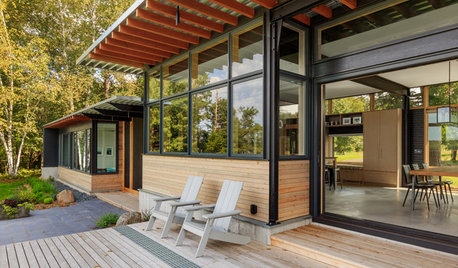
LIFE6 Ways to Cool Off Without Air Conditioning
These methods can reduce temperatures in the home and save on energy bills
Full Story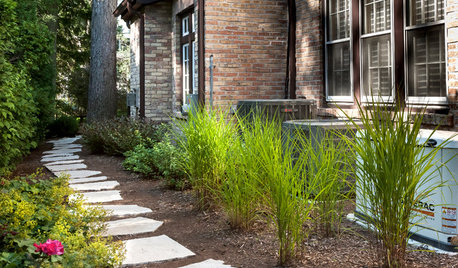
MOST POPULAR5 Ways to Hide That Big Air Conditioner in Your Yard
Don’t sweat that boxy A/C unit. Here’s how to place it out of sight and out of mind
Full Story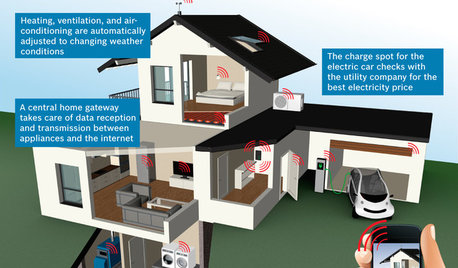
THE HARDWORKING HOMECES 2015: Inching Toward a Smarter Home
Companies are betting big on connected devices in 2015. Here’s a look at what’s to come
Full Story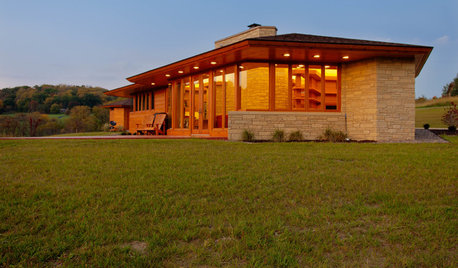
HOUZZ TOURSHouzz Tour: Usonian-Inspired Home With All the Wright Moves
A Chicago couple's weekend retreat fulfills a long-held dream of honoring architect Frank Lloyd Wright
Full Story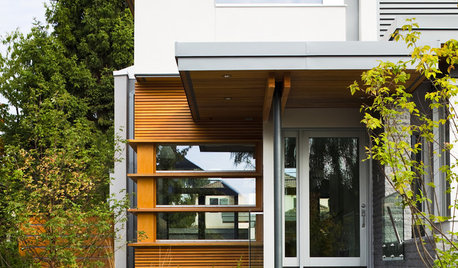
GARDENING AND LANDSCAPINGGarden Design Essentials: Balance
You may sense when plants and flowers are off-kilter, but do you know how to set your landscape right?
Full Story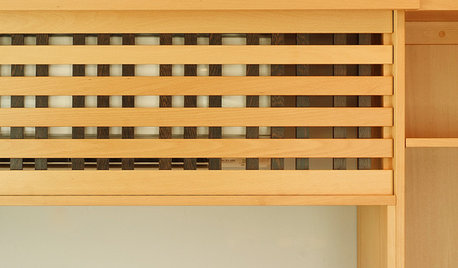
DECORATING GUIDES10 Ways to Hide That Air Conditioner
Feeling boxed in designing around your mini-split air conditioner? Try one of these clever disguises and distractions
Full Story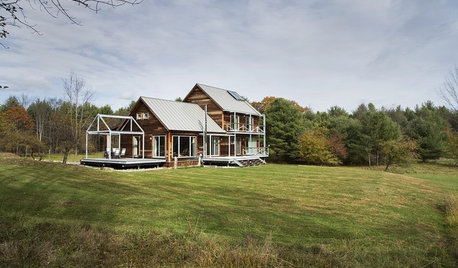
GREEN BUILDINGHouzz Tour: Passive House in Vermont Slashes Heating Bills
Its ecofriendly, low-maintenance design leaves a family with more time to relax and enjoy the weekend home
Full Story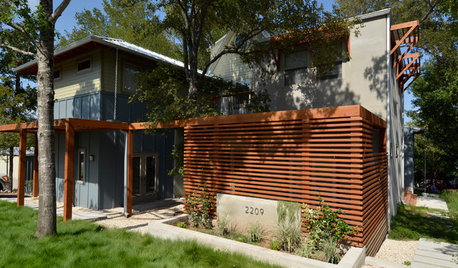
HOUZZ TOURSHouzz Tour: Visit a Forward Thinking Family Complex
Four planned structures on a double lot smartly make room for the whole family or future renters
Full Story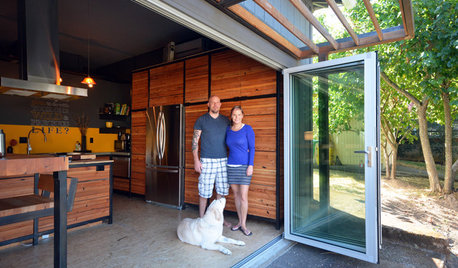
MY HOUZZHouzz TV: A Couple’s Garage Becomes Their Chic New Home
Portland, Oregon, homeowners find freedom in a city-approved garage home with DIY industrial flair
Full Story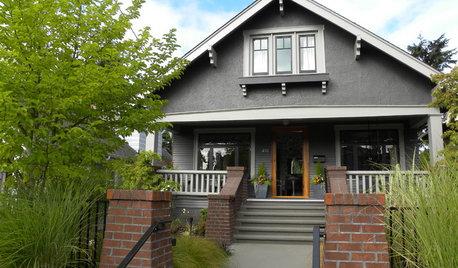
ARCHITECTURERoots of Style: See What Defines a Craftsman Home
Charming features and intimate proportions have made Craftsman houses an American favorite. See their common details and variations
Full StoryMore Discussions






avalon1957